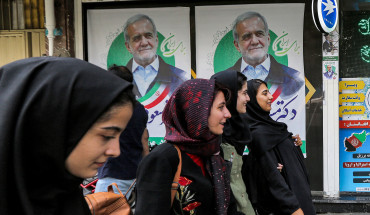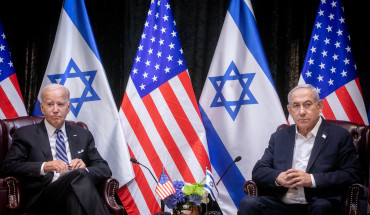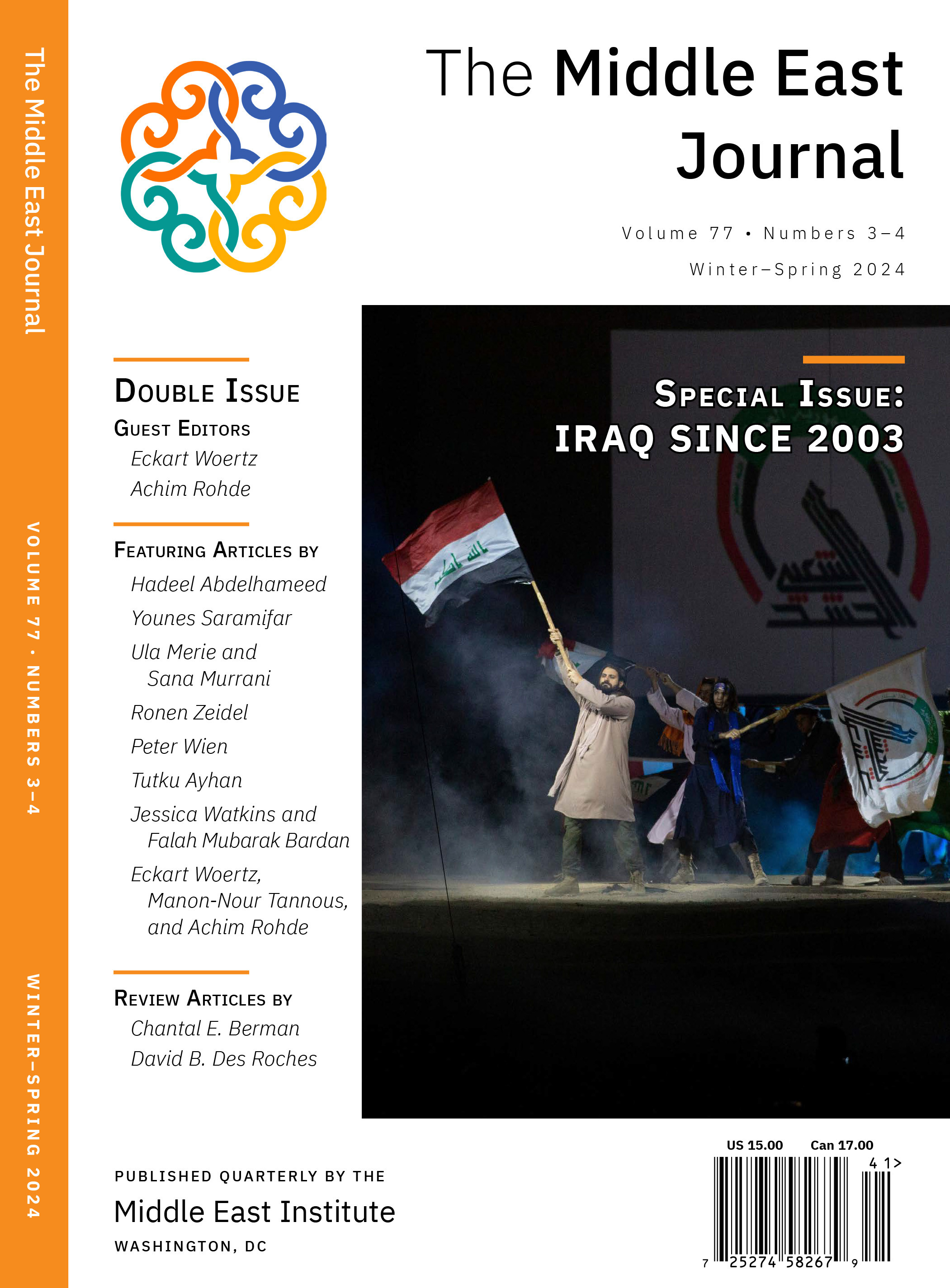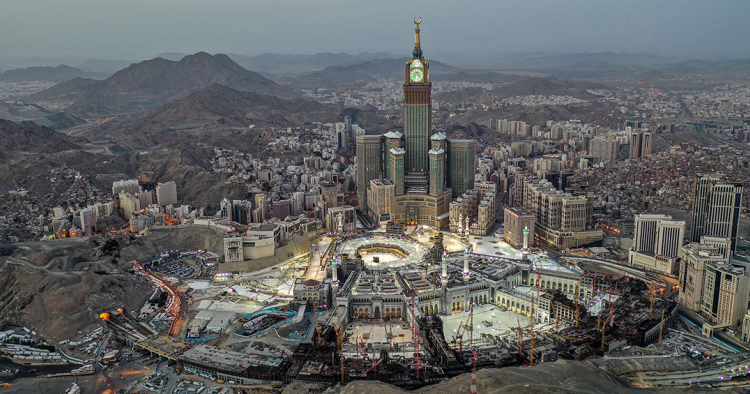Saudi Arabia’s socioeconomic reforms and progress toward Vision 2030 has been widely celebrated, at the same time as the autocratic actions and human rights abuses by Crown Prince Mohammed bin Salman have received international condemnation. A more globally connected Saudi population is paving the way for greater progress and reform as the government pursues economic diversification initiatives and gradual social liberalization reforms. At this crossroads, Saudi Arabia’s economy has been hit by the Covid-19 pandemic and the oil price wars.
Given that the US-Saudi alliance historically has been closely tied with economic relations and energy markets, how might these converging economic challenges impact the bilateral relationship? How might shifting sociopolitical dynamics within the kingdom affect its approach to relations with Western countries? What does the history of US-Saudi relations tell us about the complex interplay of economic, political, and security interests the US has in the Gulf, and how that might impact reform progress in the next decade?
The Middle East Institute (MEI) is pleased to host a conversation between David Rundell and Victor McFarland, two leading scholars who have recently published books detailing different aspects of the Kingdom’s ascent over the past two decades.
Speakers:
Victor McFarland
Associate professor, Department of History, University of Missouri
Victor McFarland is an associate professor in the MU Department of History. His research interests center on energy, the environment, and U.S. relations with the Middle East, with a special focus on Saudi Arabia. His first book, Oil Powers: A History of the U.S.-Saudi Alliance, was published by Columbia University Press in 2020.
Originally from North Idaho, McFarland received his B.A. from Stanford University and his M.A., M.Phil., and Ph.D. degrees from Yale University. Before coming to the University of Missouri, he was a Miller Center fellow at the University of Virginia in 2012-13 and a Dickey Center fellow at Dartmouth College in 2013-14. In 2018-19 he served as a Warren Center faculty fellow at Harvard University.
David Rundell
Career diplomat; author
David Rundell served as an American diplomat for thirty years in Washington, Bahrain, Saudi Arabia, Syria, Tunisia and the United Arab Emirates. Widely regarded as one America's leading experts on Saudi Arabia, he spent fifteen years in the country where he worked at the Embassy in Riyadh as well as the Consulates in Jeddah and Dhahran. His assignments in Saudi Arabia included Charge d'Affaires, Deputy Chief of Mission, Political Counselor, Economic Counselor, Commercial Counselor, and Commercial Attaché. David Rundell recently published a highly acclaimed book, Vision or Mirage: Saudi Arabia at the Crossroads.
He has numerous awards for his analytical reporting and participated in Operation Desert Storm, Saudi accession to the World Trade Organization and the defeat of Al Qaida's terror campaign. After retiring from the Foreign Service he spent three years at the Boston-based consultancy Monitor Group before joining Arabia Analytica as a partner. He lives in Dubai and travels regularly to Saudi Arabia.
Kristin Diwan, moderator
Senior resident scholar, The Arab Gulf States Institute in Washington
Kristin Smith Diwan is a senior resident scholar at the Arab Gulf States Institute in Washington. Her current projects concern generational change, nationalism, and the evolution of Islamism in the countries of the Gulf Cooperation Council. Her analysis of Gulf affairs has appeared in many publications, among them Foreign Affairs, Financial Times, and The Washington Post.
Diwan was previously an assistant professor at the American University School of International Service and has held visiting scholar positions at the George Washington University and Georgetown University. From 2013-14 she served as a visiting senior fellow at the Atlantic Council where she published on youth movements and participated in the Strategic Dialogue for a New US-Gulf Partnership.
Photo by AFP via Getty Images













